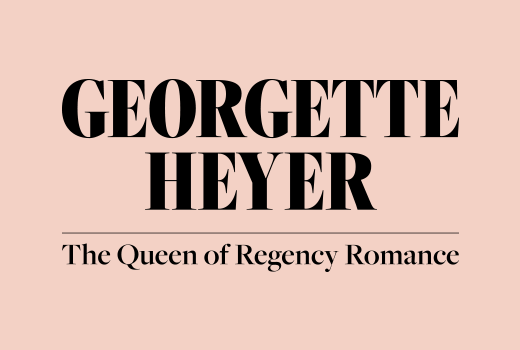Angela Thirkell was a British writer of romantic dramas concerning the English upper class. Setting her novels in the fictional county of Barsetshire (borrowed from Anthony Trollope’s novels), Thirkell’s uniquely caustic and shrewd sense of humour sent up village living mercilessly in titles such as August Folly (1936) and Pomfret Towers (1938), while also serving as a useful social history of the interwar period. Her second novel, High Rising (1933), was a critical success, and firmly established her reputation as a novelist. Trooper to the Southern Cross (1934) offered a rare glimpse into the author’s personal life as she fictionalised a treacherous crossing she made to Australia in a converted German troop ship with her second husband, George Thirkell. Her ability to inhabit the voice of a happy-go-lucky Australian ‘digger’ reveals her versatility and incisive wit. In the 1940s, Thirkell’s novels were coloured by the Second World War and life on the home front. Focussing on the plights of the women and families left behind, Cheerfulness Breaks In (1940) is just one example of Thirkell’s ability to couch candour, humour and spirit in the context of tragedy. Although Thirkell—herself descended from the painter Edward Burne-Jones and a cousin of Rudyard Kipling—cringed at the thought of her well-to-do friends reading her novels, she was immensely popular in her time and remains in print 60 years after her death.
Angela
Thirkell
(1890-1961)



